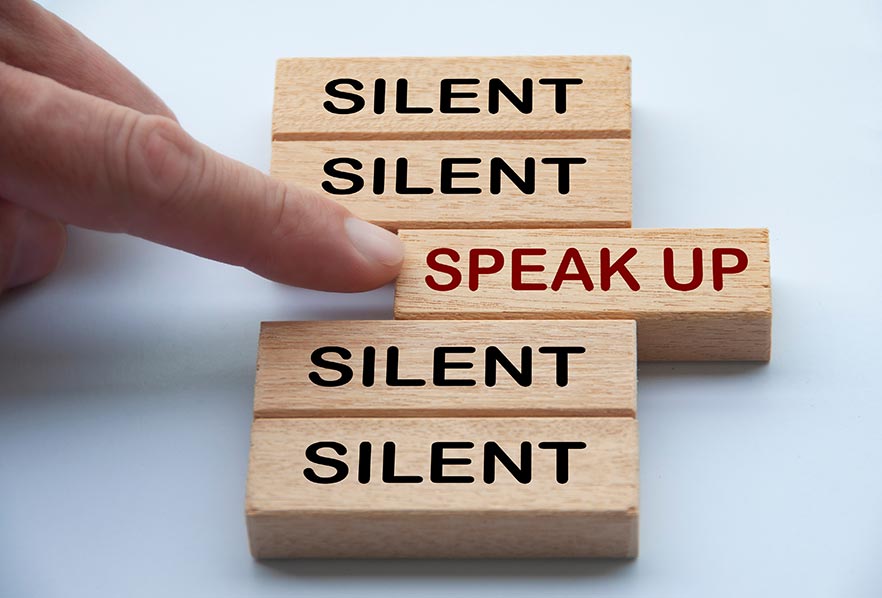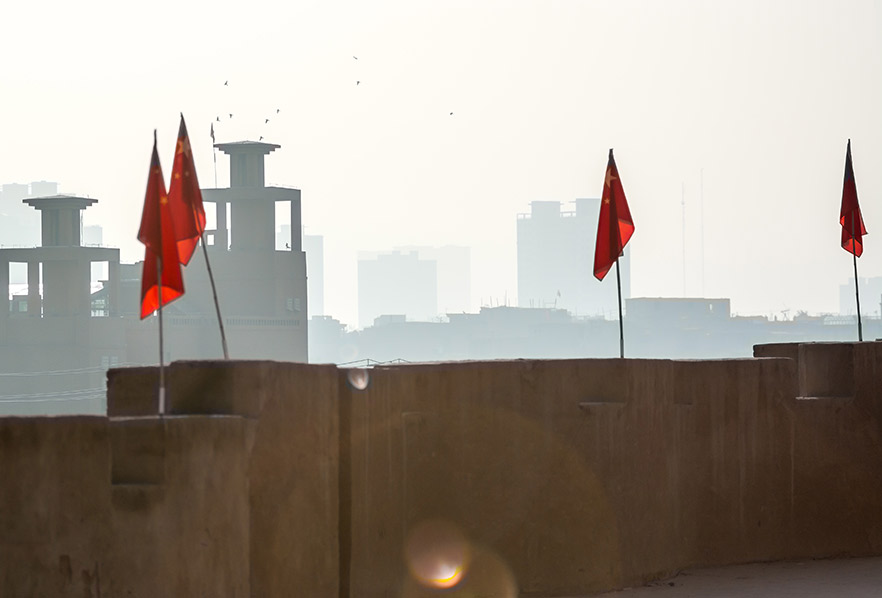LP: Salvador, how did you jump into the ethics and compliance world, and what motivates you in this profession?
SD: Since law school, I knew I wouldn’t be a full-time lawyer. At that time, ethics and compliance was not exactly an established career, but I had a clear understanding that a legal background would equip me with an important set of skills to navigate through different line-of-defense functions. I started my career in risk management and investigations. I soon realized how much I had to learn from the corporate world, starting with business strategy and how long-term decisions correlate with ethics, integrity, and internal controls. For the last 20 years, I have worked in large multinational corporations from different cultural backgrounds and across multiple industries: Procter & Gamble (consumer goods), Gerdau Group (mining and metal), Nissan Motors (automotive), and most recently concluded my tenure as chief governance and compliance officer at Petrobras (oil and gas). In addition, I’m chairing the Integrity and Corporate Responsibility Commission at International Chamber of Commerce – Brazil, and I’m a member of the advisory board at the United Nations Global Compact Brazil. I recognize myself not as an industry expert but as a generalist, providing agility and flexibility to organizations according to their risks, needs, and context.
LP: What moves you when accepting positions like you had at Nissan and Petrobras? Do you like big challenges?
SD: There are always some core elements that drive me when accepting a new challenge. Of course, I try to answer them during my own due diligence process; after all, “walk the talk” is one of our mantras, right? First, I try to understand the role. Outside the formal job description, what are the subtle expectations around the position, what is the mandate, and what independence is there to execute the responsibilities? The reporting line, resource allocation, line of sight, and cultural models are some of the important—but sometimes not easy to define—elements to consider. Large multinational companies always provide extra challenge and excitement given their size, complexity, diverse geographical footprint, risk exposure, and highly competitive and evolving industries. Due to past compliance issues that companies like Nissan and Petrobras went through, being part of their turnaround; regaining stakeholder trust; reshaping their organizational culture; and overhauling their internal governance and control systems represent the most rewarding professional experiences in my career.
LP: Considering the cultural perspective, could you share your thoughts about how different cultures can set the tone for ethics and compliance programs?
SD: Culture is an agreement between individuals that establishes the grounds for cooperation and mutual benefit—either as a family, community, or company. Summarizing those agreements into a set of cultural principles, code of conduct, or whatever you choose to call it, it is always necessary to guide and remind participants about their roles. However, cultures are not isolated, nor are they mathematical equations. There are intricated overlaps, nuances, and sometimes contradictions across different cultures that are not easy to recognize. On top of that, there are unspoken symbols, systems, and messages that indicate unconscious, automatic behaviors and patterns that truly represent what the real culture is beyond the formal rules and principles.
One way to establish ethics relates to business formality and rule of law. In countries where the rules of law are reasonably functioning, business relations tend to be more objective and less bureaucratic, and disputes are resolved in a neutral and pragmatic way. On the opposite end, when civil or governmental institutions are not functional, people must rely on their personal relations instead of formal institutions. Eventually, these personal attachments can evolve into unbalanced decisions, protective actions, conflicts of interest, nepotism, bribery, and other forms of corruption.
In my opinion, corruption is one of the most toxic crimes of our century. The individual benefit generated by an “innocent” bribe—in many jurisdictions considered an unharmful act—is only the tip of the iceberg. Endemic corruption contaminates society, and it generates inequality, poverty, and limited access to basic and universal rights. Take the case of the 2014 World Cup in Brazil.[1] Public resources were allocated to overpriced stadiums. Millions of dollars in bribes went into the pockets of politicians and corporations instead of building schools and hospitals in a country known for its limited health and education systems.




